The intersection of Generative Artificial Intelligence (AI) and Human-Robot Interaction (HRI) is rapidly transforming the landscape of technology and human engagement. Generative AI, a subset of artificial intelligence that focuses on creating new content from existing data, is proving to be a powerful tool in enhancing communication and fostering empathy in human-robot interactions. As robots become more prevalent in various sectors, from healthcare to customer service, the ability to communicate effectively and empathetically with humans is crucial. This article explores how generative AI is revolutionizing HRI by improving communication and deepening empathetic connections.
The Role of Generative AI in HRI
Generative AI models, such as OpenAI’s GPT-4, are designed to generate human-like text based on given prompts. These models leverage vast amounts of data and sophisticated algorithms to understand context, generate relevant responses, and even predict human emotions. In the context of HRI, generative AI can enable robots to engage in more natural, coherent, and contextually appropriate conversations with humans.
For example, in customer service, generative AI-powered robots can handle inquiries with a level of understanding and responsiveness that closely mimics human agents. They can provide personalized responses, recognize and address customer concerns, and even manage complex problem-solving tasks. This not only improves efficiency but also enhances customer satisfaction by creating a more engaging and human-like interaction.
Enhancing Communication
Effective communication between humans and robots is essential for the successful integration of robots into everyday life. Generative AI contributes to this by enabling robots to understand and generate human language more naturally. Here are some ways generative AI enhances communication in HRI:
Natural Language Processing (NLP): Generative AI utilizes advanced NLP techniques to comprehend and respond to human language. This allows robots to interpret nuances, idioms, and context, making interactions more fluid and intuitive.
Contextual Awareness: Generative AI models can maintain context over extended conversations, ensuring continuity and relevance in dialogue. This is crucial for tasks that require ongoing interaction, such as therapy sessions or educational tutoring.
Multilingual Capabilities: With the ability to understand and generate multiple languages, generative AI enables robots to communicate with a diverse range of users, breaking down language barriers and making technology more accessible globally.
Fostering Empathy
Empathy is a cornerstone of meaningful human interaction. For robots to be effective in roles that require human engagement, they must be able to understand and respond to human emotions. Generative AI plays a significant role in this aspect by:
Emotion Recognition: Generative AI can be trained to recognize emotional cues from text, speech, and even facial expressions. By understanding these cues, robots can adjust their responses to be more empathetic and supportive.
Personalization: Through the analysis of user data and interaction history, generative AI enables robots to tailor their interactions to individual preferences and emotional states. This personalized approach fosters a deeper connection and enhances the overall user experience.
Therapeutic Applications: In healthcare, especially mental health, robots powered by generative AI can provide companionship and support to patients. By engaging in empathetic conversations, these robots can help alleviate feelings of loneliness and anxiety, complementing the work of human therapists.
Miko Robotics is one such startup is operates in the area of human-robot interaction and uses Generative AI to make the experience seemless.
Challenges and Ethical Considerations
The potential benefits of integrating generative AI into HRI are immense. But there are significant challenges and ethical considerations to address. These include:
Data Privacy: The effectiveness of generative AI relies on large datasets, which often contain sensitive personal information. Ensuring the privacy and security of this data is paramount.
Bias and Fairness: AI models can inadvertently perpetuate biases present in their training data. It is crucial to develop mechanisms to identify and mitigate these biases to ensure fair and unbiased interactions.
Emotional Dependence: There is a risk that users, particularly vulnerable individuals, might develop an unhealthy emotional dependence on AI-driven robots. Establishing guidelines and safeguards to prevent this is essential.
Transparency: Users should be informed when they are interacting with AI to maintain transparency and trust. Clear communication about the capabilities and limitations of AI-driven robots is necessary.
Generative AI is a transformative force in the field of Human-Robot Interaction, significantly enhancing communication and fostering empathy. By enabling more natural, contextually aware, and emotionally intelligent interactions, generative AI is paving the way for robots to play a more integral role in our lives.
As we navigate the challenges and ethical considerations, the future of HRI holds promise for more meaningful and effective human-robot partnerships.





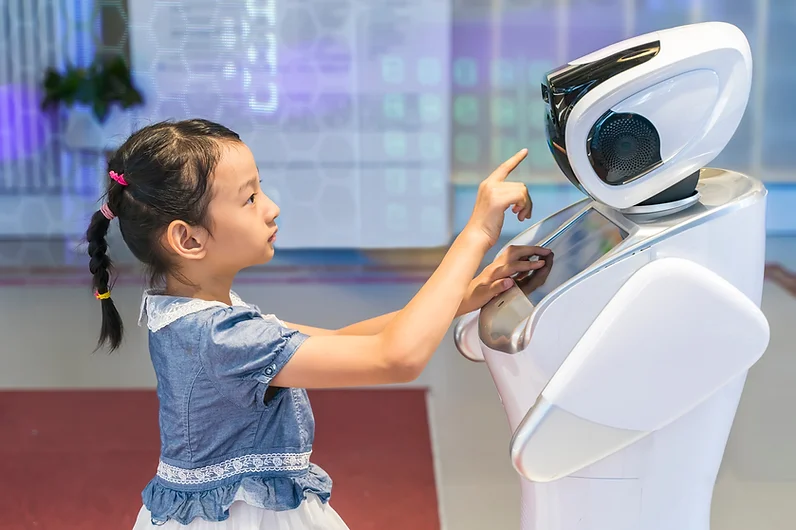


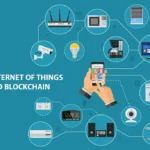
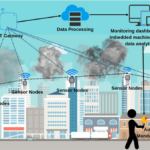


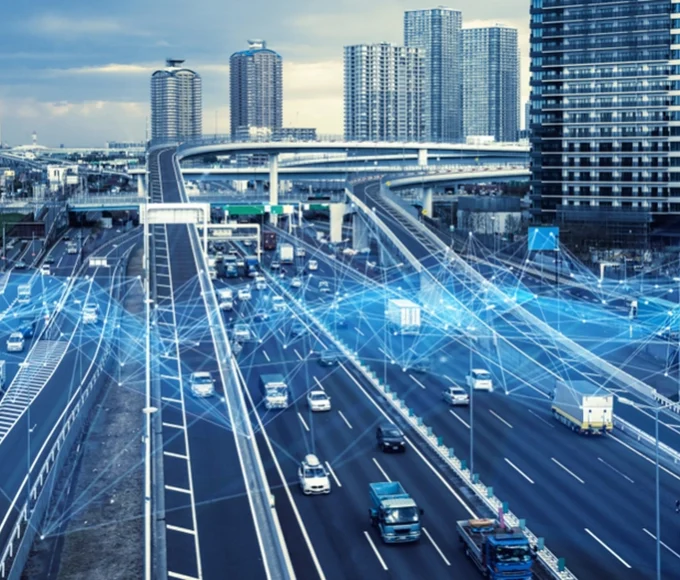
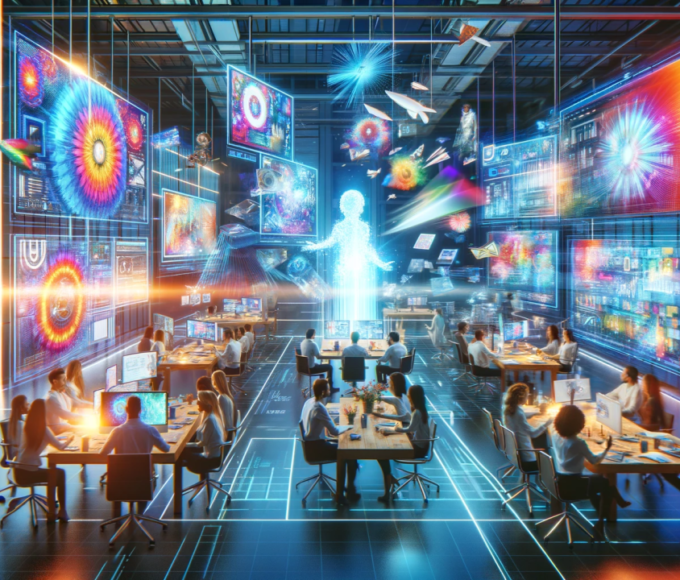


Leave a comment